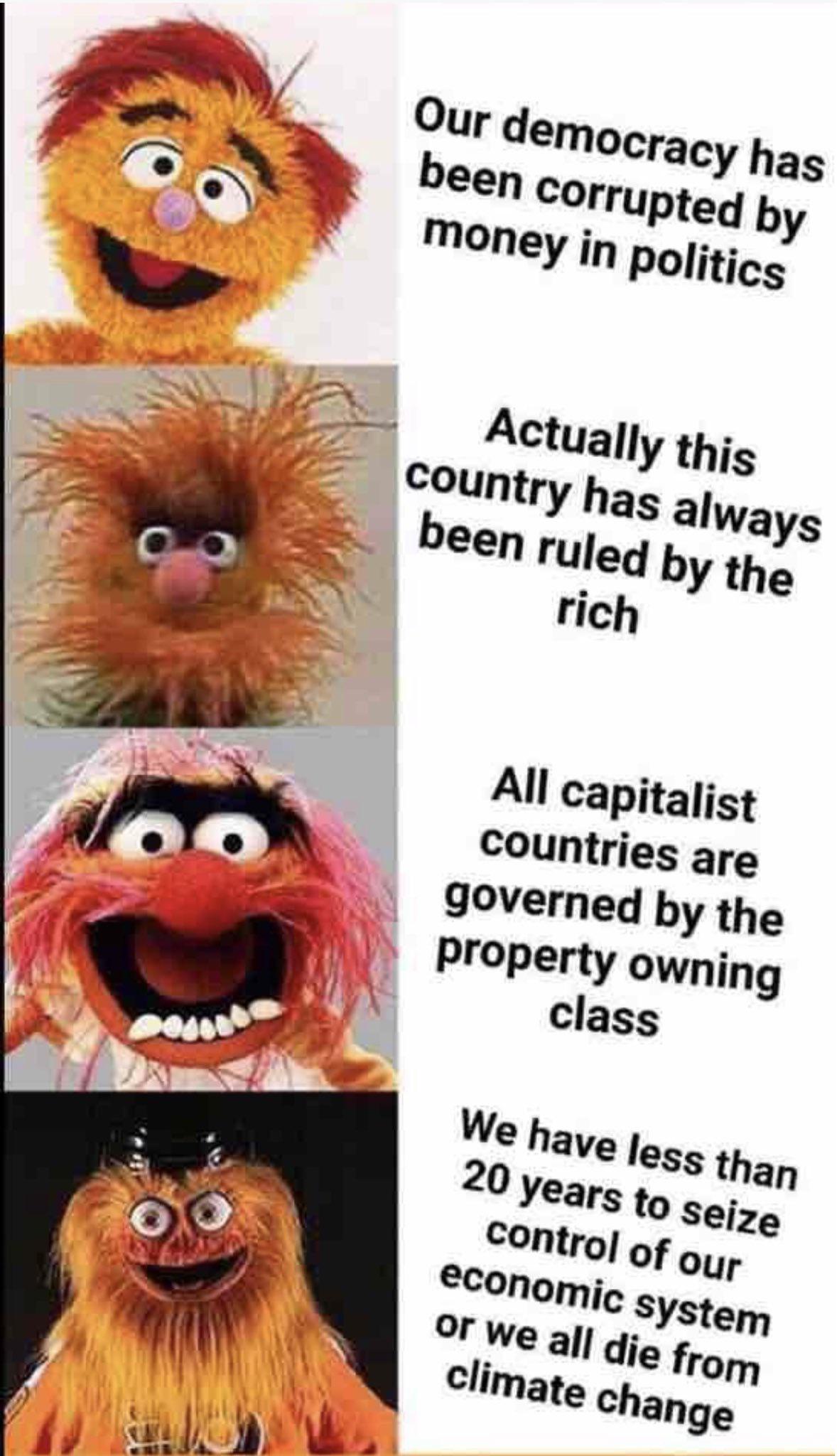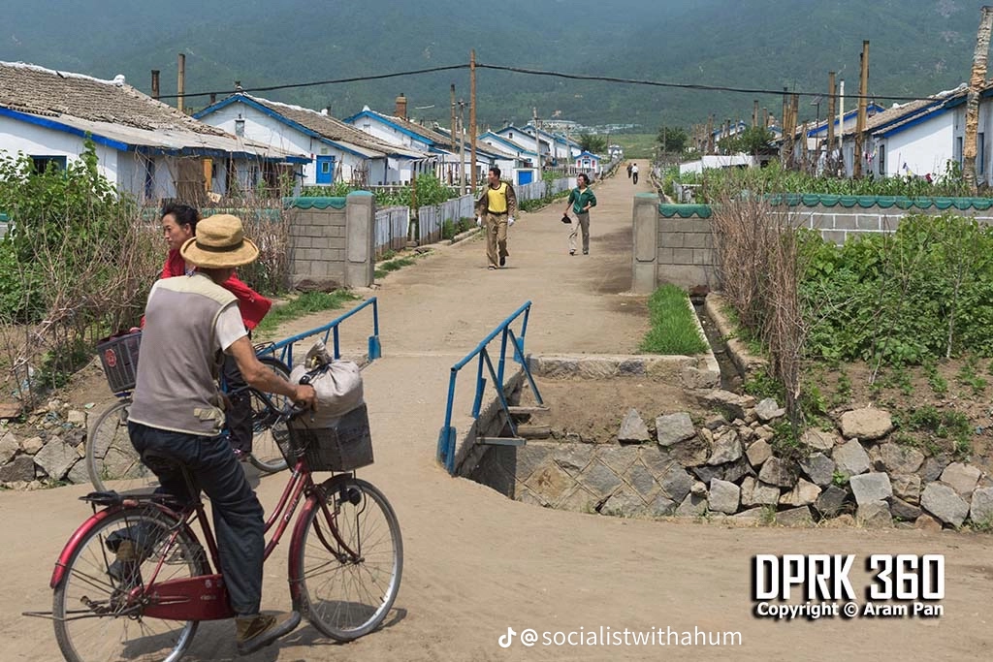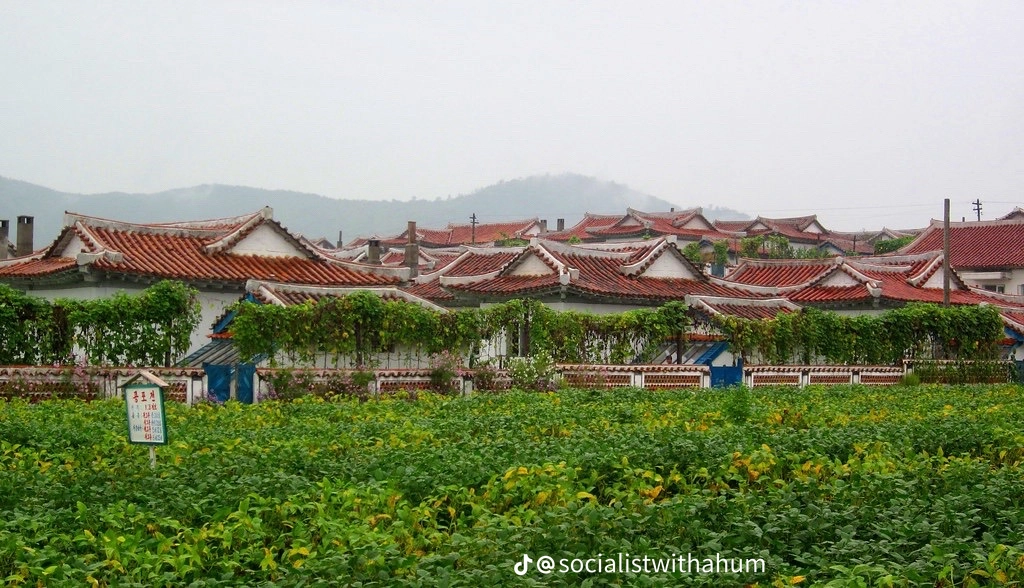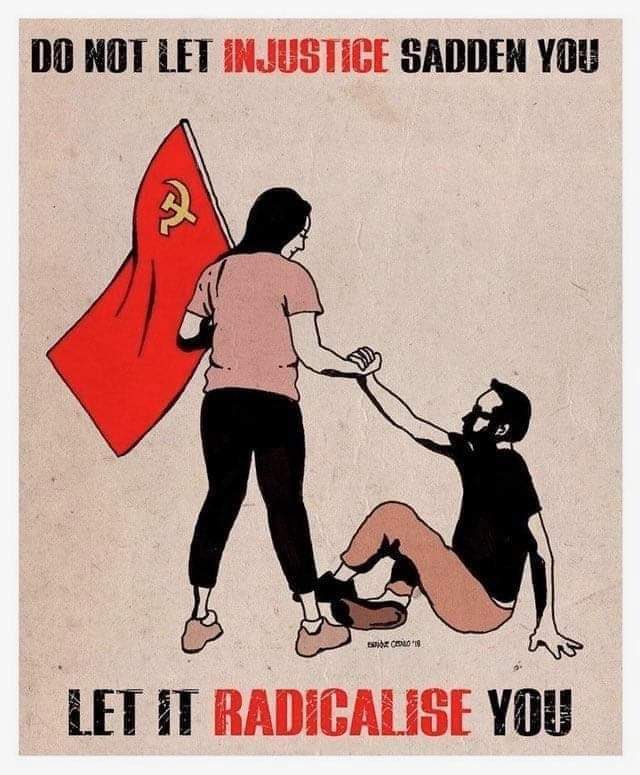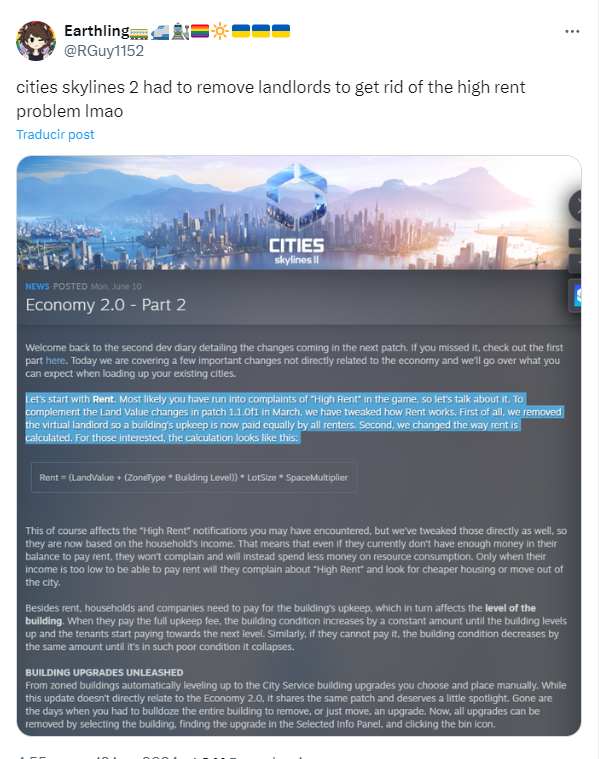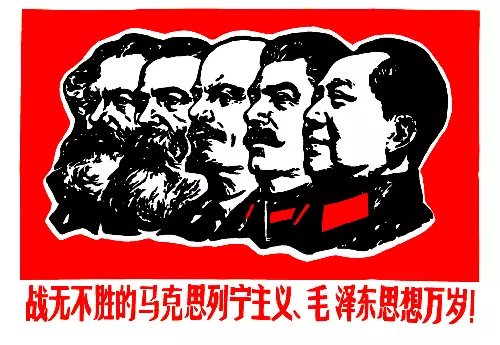When we think of "criticism and self-criticism", we often think of criticism we've been brought up to live with: the kind that simply seeks to destroy, or the kind that's naturally antagonistic.
It took me a while to truly understand what criticism means for communists; incidentally, working on ProleWiki helped me a lot with that.
Criticism is through other words the process of struggle (again a word that seems strong but that you might be more familiar with).
Criticism is not necessarily meant to be aggressive or even find faults. This, in my opinion, is actually counterproductive and even a deviation from what criticism is for us communists. You might know this better as constructive criticism.
Likewise, self-criticism is not necessarily you belittling yourself and listing all your bad traits.
I think we look at the pictures of struggle sessions in the early PRC, and we look inwardly at what the word "critique" means to us in late-stage capitalism, and we kinda form a nebulous idea of what that is and run with that. After all, "communists ruthlessly criticize all that exists", right?
I think however that criticism can be done with care, and is more productive that way. This is because the purpose of criticism isn't, like I said earlier, to necessarily find faults with what you did or what your org does.
A mistake I see often is to think of criticism as your chance to start blasting whatever woes you can think of, and the other party has to sit there and take it because you're doing it marxistly.
Criticism has to be productive and lead to action; it breaches from theory to practice. Practice then makes good on the criticism, changes the state of things (dialectics, if you are not at the stage you can tell readily yet), and then further criticism can happen.
The point of criticism, the whole reason we are doing struggle sessions in the first place is precisely to enact the best praxis we can, and do so quickly. We are not in a position right now as communists that we can build a party in a hundred years. We need to build it now, and for that we need effective praxis. This is the whole point of doing struggle sessions and crit and self-crit.
This is something both parties in a struggle session must first understand and mutually acknowledge. The critic is not here to disparage your efforts, but to help them reach their higher potential. You are not here either to shield yourself from all criticism on the basis that you're too proud to hear it or that your successes outweigh your shortcomings -- I prefer *shortcomings * to "faults" or "issues". I also prefer challenges instead of saying something is impossible; a challenge can be overcome.
Some criticisms we've dealt with on ProleWiki for example was super simple. It wasn't even a disagreement, which can happen sometimes and doesn't mean your idea is necessarily wrong or misguided, just that it's perhaps not fully realized.
Sometimes, we offer up ideas and then debate them in what I think is the ideal struggle session. Nobody necessarily disagrees or thinks "it's a stupid idea, why did you even bring that up, this'll never work": that would not be criticism, that would be cathartic bashing. A criticism has to offer a solution or, at the very least, seek improvement selflessly.
I myself have often debated ideas editors proposed not because I thought they wouldn't fit or we shouldn't follow up on them, but just trying to help them make sure they've covered all their bases and have thought about all questions before they proceed.
Thus the goal is to reach the full potential of our ideas so that we issue the best praxis once we get down to work, saving time and effort.
I'm talking about very practical critic self-crit here because that's mostly where I employ it, but this works also in more theoretically grounded struggle sessions, where you discuss strictly theory and which line is correct. By my own conclusion of what criticism is however, criticizing a party line that the party refuses to change (and calling attention to that fact) would not be criticism, but I think it is -- it is the most important criticism we can make as marxists, in fact. So remember that this is a model and not the final analysis.
The process of criticism acknowledges, weighs, analyzes, and then **acts. **
Acknowledge criticism that applies. The point is to make you stronger, even if it hurts to hear (it shouldn't if you follow the basis that it's done in good faith).
Then, weigh it: is this something we were aware of? How dangerous is it? How difficult would it be to overcome, and is there something more urgent we need to look at first?
Analyze before acting: what can we do about it with our current resources? Is it realistic to? Propose some solutions to the problem that was brought up.
And finally, deploy all of that to act on the criticism and improve. I guarantee you in one year, you'll have forgotten people made the criticism, but you'll remember forever that you did improve with it, and that you are in a much better position after it than before.
